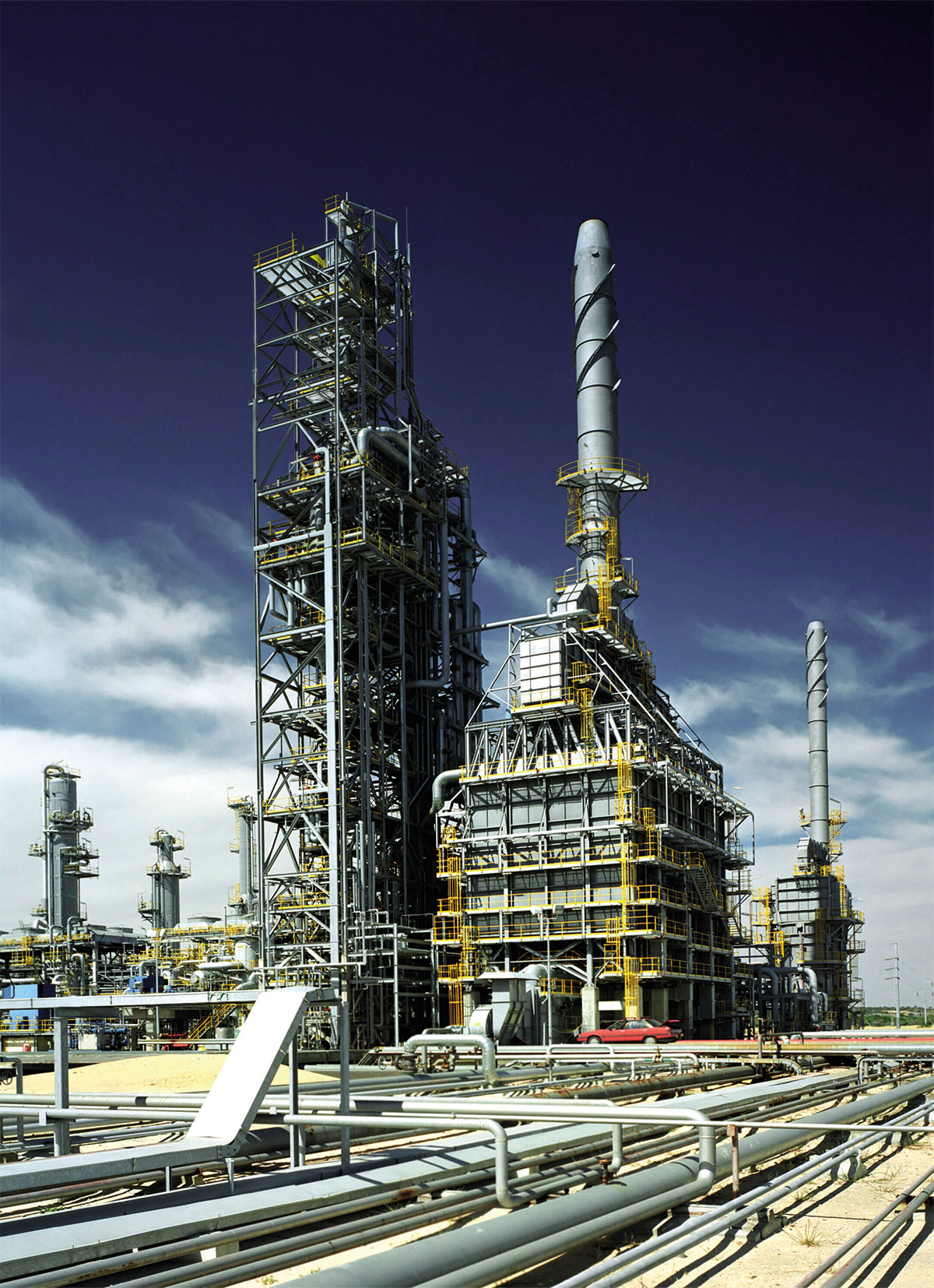Pipes
Pipes are available with various materials and international standards, ranging from 1/2 inch to 64 inches in seamless pipes, ERW pipes ( Electric Resistance welded pipes), LSAW pipes ( Longitudinal Submerged Arc welded pipes), SSAW pipes ( Spiral Submerged Arc welded pipes) from all Western and Eastern European manufacturers,and Asian manufacturers, especially from Hyundai companies in South Korea,Interpipe in Ukraine,Mittal in South Africa,and Tenaris in stock at this company.


Reviews
There are no reviews yet.